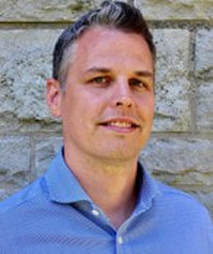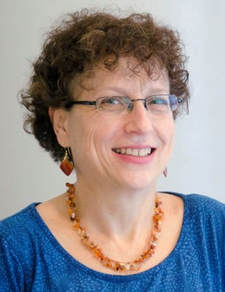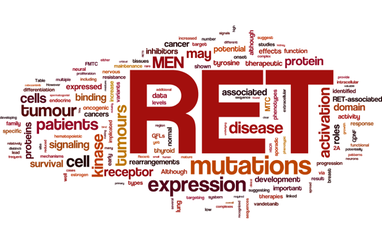Hydromineral homeostasis in mammals: the application of high-thoughput technologies to enhance discovery Osmotic stability is aggressively defended in mammalian organisms that must maintain a wet internal environment in a dry external environment; fluids lost through excretion, perspiration or expiration must be replaced quickly. Osmoregulation is a highly conserved mechanism that provides a means by which an organism can maintain a constant prescribed level of water and salts within the intra and extracellular fluid. The path of least resistance here is a behavioural adaptation to replacing water by actively seeking out water. However, since water is not always readily available, this mechanism is complemented by a physiological approach to limit the amount of water lost in times of osmotic stress. Here, I will discuss research using both transcriptomic and physiological tools in order to describe structures within the brain in order to identify the genes that are involved in the business of hydromineral homeostasis. 11:30-12:30 BioSci Rm. 3110
|
Archives
February 2021
|



